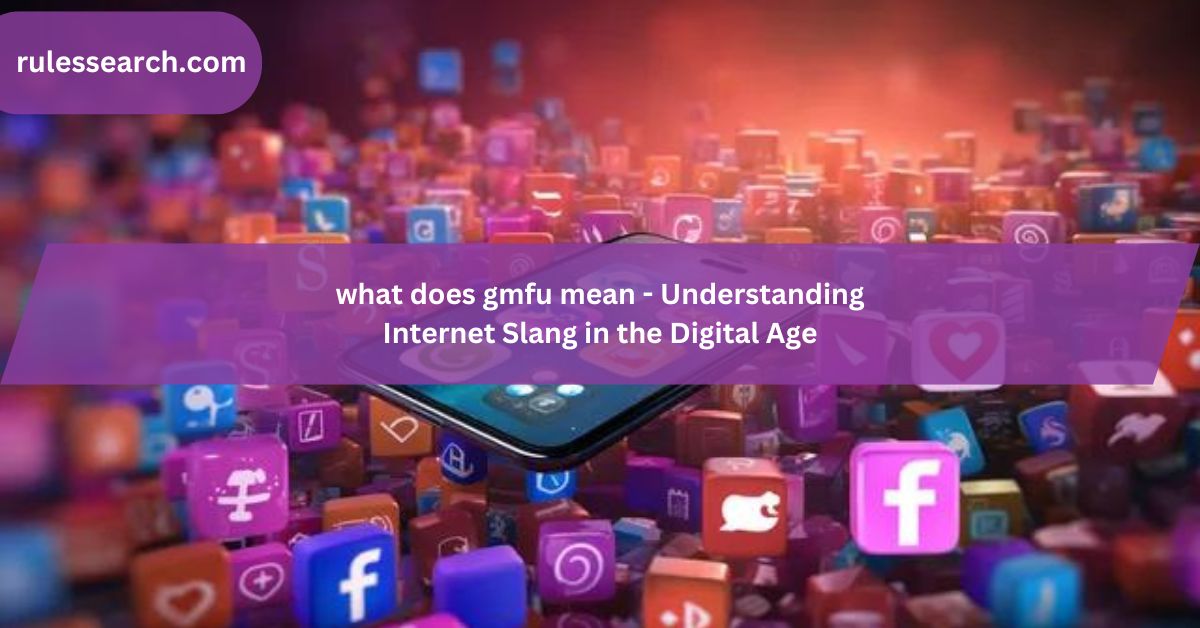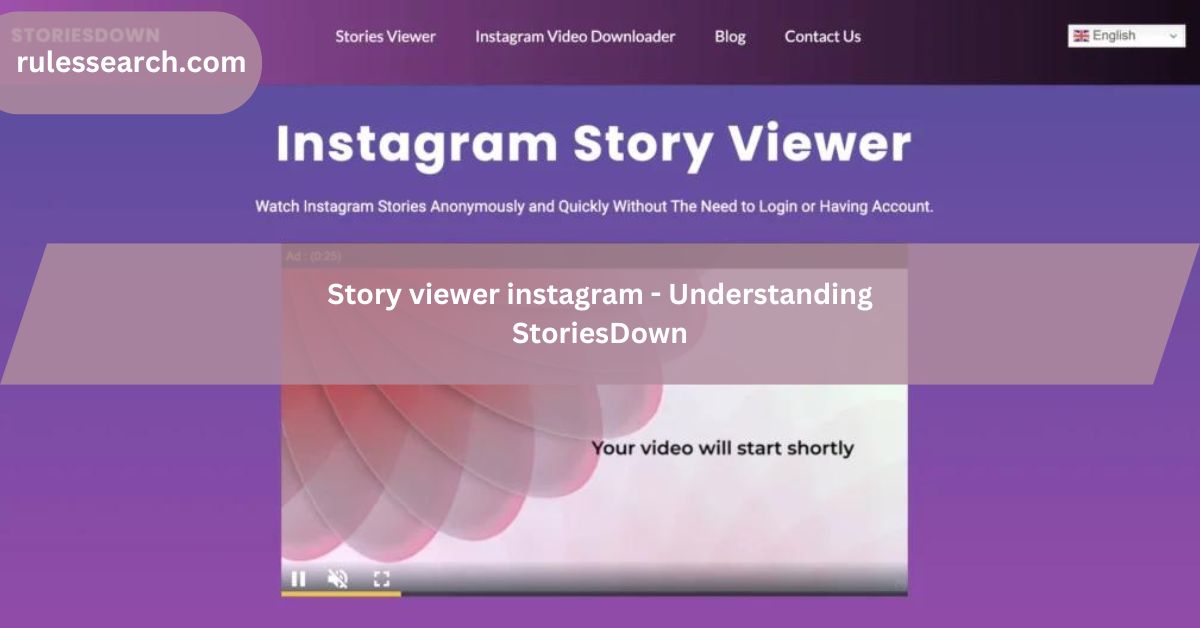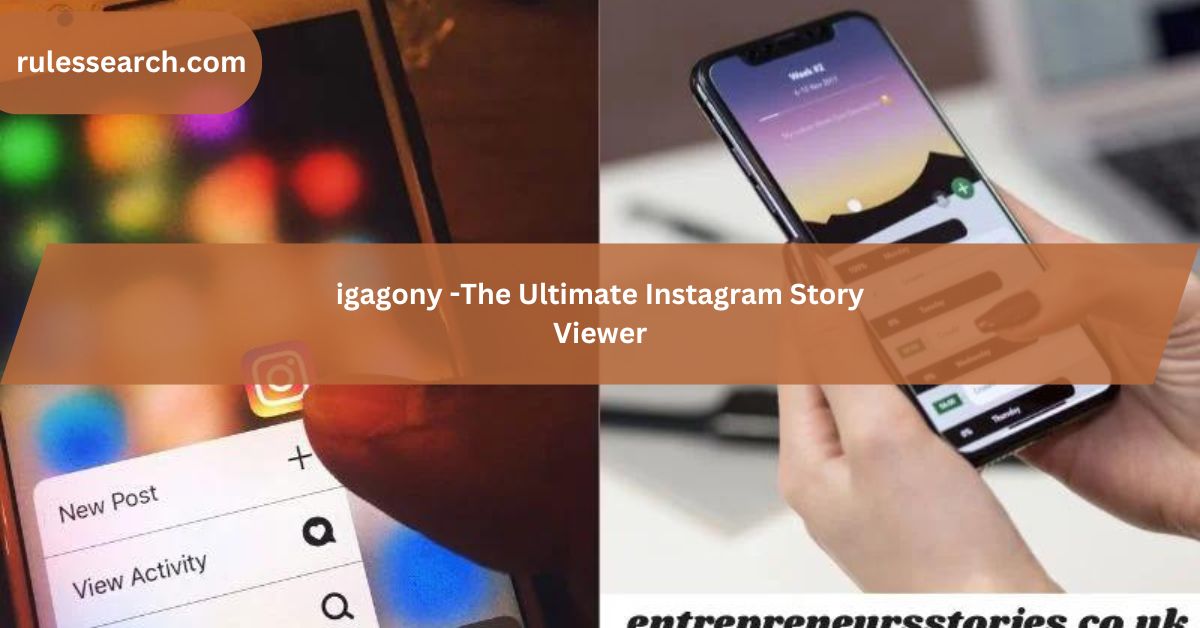In the digital age, the way we communicate has drastically evolved. One of the most significant changes is the emergence of internet slang, a type of language comprising abbreviations and acronyms used primarily in digital communications like social media, instant messaging, or email.
One such term that has gained popularity, particularly on social media platforms like Instagram, is GMFU. But what does GMFU mean, and how is it used? In this blog post, we will delve into the world of internet slang and explore the meaning, origin, and usage of GMFU.
Understanding GMFU
The Meaning of GMFU
GMFU stands for “Got Me F***ed Up.” It is an expression used to convey that something or someone has caused confusion, frustration, or anger. The term is often used when someone feels wronged or disrespected, highlighting their emotional reaction to the situation.
Origin of GMFU
The exact origin of GMFU is unclear, but it appears to have emerged in the early 2010s alongside the rise of social media platforms like Twitter, Instagram, and Facebook. The term became popular as users sought quick and impactful ways to express their feelings.
Popularity and Spread
The popularity of what does gmfu mean can be attributed to its versatility and relatability. People often encounter situations that leave them feeling bewildered or upset, and what does gmfu mean provides a concise way to express these emotions. The term has been widely adopted in memes, tweets, and captions, further cementing its place in internet slang.
How to Use what does gmfu mean
In Social Media Posts
GMFU is frequently used in social media posts to convey strong emotions. For example, if someone posts a picture of a situation that has left them feeling confused or frustrated, they might caption it with “This really what does gmfu mean.”
In Text Messages
In text messages, what does gmfu mean can be used to communicate a sense of disbelief or irritation. For instance, if someone shares a story about a frustrating experience, the response might be “Wow, that GMFU.”
In Memes and Humor
GMFU has also found its way into the realm of memes and humor. Many memes use the term to highlight absurd or exaggerated situations, making it a staple in online comedy.
Why GMFU Resonates with People
Emotional Expression
One of the main reasons what does gmfu mean resonates with people is its ability to succinctly capture intense emotions. In just four letters, it conveys a complex feeling of being overwhelmed or agitated, making it a powerful tool for communication.
Relatability
Many people have experienced moments that leave them feeling perplexed or upset. what does gmfu mean provides a relatable way to express these common experiences, fostering a sense of shared understanding and community.
Simplicity and Impact
The simplicity and impact of what does gmfu mean make it a popular choice in digital communication. Its brevity allows it to be easily incorporated into tweets, captions, and messages, while its strong connotation ensures the emotion behind it is clearly understood.
The Role of Internet Slang in Modern Communication
Evolution of Language
Internet slang like GMFU represents the ongoing evolution of language. As communication methods change, so too does the language we use. Abbreviations and acronyms have become essential components of digital interactions, reflecting the fast-paced nature of online communication.
Building Online Communities
Internet slang plays a crucial role in building online communities. Shared language and expressions create a sense of belonging and identity among users, fostering connections and strengthening social bonds.
Challenges and Misunderstandings
While internet slang can enhance communication, it can also lead to misunderstandings, especially for those unfamiliar with certain terms. It’s important to be mindful of context and audience when using slang to ensure the intended message is conveyed.
Examples of what does gmfu mean in Use
Social Media Examples
- Instagram Post: “When you realize you left your keys at home… GMFU.”
- Twitter Tweet: “Just got the worst haircut of my life. GMFU.”
Text Message Examples
- Conversation 1:
- Person A: “I can’t believe they canceled the concert last minute.”
- Person B: “That really GMFU.”
- Conversation 2:
- Person A: “My boss just gave me extra work right before the weekend.”
- Person B: “Ugh, GMFU.”
Similar Internet Slang Terms
WTF
WTF stands for “What The F***” and is used to express disbelief, shock, or confusion. It’s often used in similar contexts as GMFU but with a broader range of applications.
SMH
SMH stands for “Shaking My Head” and is used to convey disappointment or disbelief. It’s typically used when someone encounters something foolish or frustrating.
FML
FML stands for “F*** My Life” and is used to express frustration or dismay over a negative situation. It conveys a sense of exasperation similar to GMFU.
The Future of Internet Slang
Continuous Evolution
Internet slang is continuously evolving, with new terms emerging regularly. As digital communication grows and changes, so too will the language we use. Keeping up with these changes can be both challenging and exciting.
Integration into Everyday Language
Some internet slang terms have begun to integrate into everyday language, crossing over from digital communication to spoken conversations. This trend is likely to continue as slang becomes more widely recognized and accepted.
The Role of Social Media
Social media will continue to play a pivotal role in the development and dissemination of internet slang. Platforms like Twitter, Instagram, and TikTok are hotbeds for new expressions, ensuring that internet slang remains dynamic and relevant.
Conclusion:
Understanding internet slang like what does gmfu mean is essential in navigating modern digital communication. These terms provide a quick and impactful way to express emotions and connect with others online. As language continues to evolve, staying informed about new slang can enhance our ability to communicate effectively and understand the ever-changing landscape of digital interactions.
FAQ’s:
1. What does GMFU stand for?
GMFU stands for “Got Me F***ed Up.” It is used to express confusion, frustration, or anger in response to a situation.
2. Where did what does gmfu mean originate?
The exact origin of what does gmfu mean is unclear, but it gained popularity in the early 2010s with the rise of social media platforms like Twitter and Instagram.
3. How is GMFU used in social media?
GMFU is often used in captions, tweets, and posts to convey strong emotions. For example, someone might post a picture with the caption “This really GMFU” to express their frustration.
4. Can GMFU be used in text messages?
Yes, GMFU can be used in text messages to communicate feelings of disbelief or irritation. For example, “Wow, that GMFU” could be a response to a frustrating story.
5. What are some similar internet slang terms to what does gmfu mean?
Similar terms include WTF (“What The F***”), SMH (“Shaking My Head”), and FML (“F*** My Life”), all of which express strong emotions like disbelief, frustration, or dismay.
6. Why is internet slang important?
Internet slang is important because it reflects the evolving nature of language and communication in the digital age. It helps people express emotions quickly and fosters a sense of community online.
7. How can internet slang lead to misunderstandings?
Internet slang can lead to misunderstandings if the audience is unfamiliar with the terms being used. It’s important to consider context and audience when using slang to ensure clear communication.
8. Is GMFU appropriate for all audiences?
GMFU contains a strong expletive, so it may not be appropriate for all audiences. It’s best to use it in contexts where such language is acceptable.
9. How can I keep up with new internet slang?
Keeping up with new internet slang involves staying active on social media platforms and engaging with online communities. Following trending topics and popular accounts can also help you stay informed.
10. Will internet slang continue to evolve?
Yes, internet slang will continue to evolve as digital communication grows and changes. New terms will emerge, reflecting the dynamic nature of online interactions.



